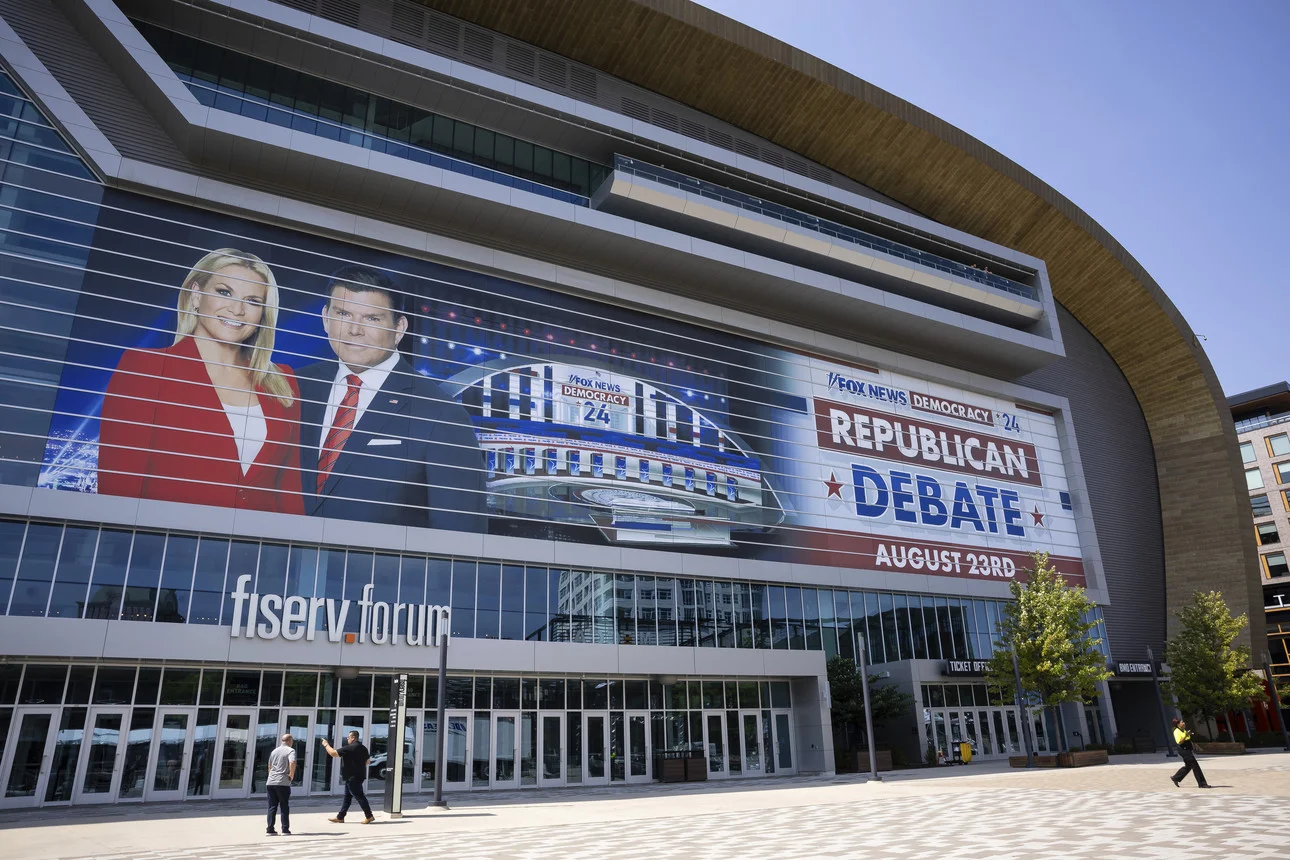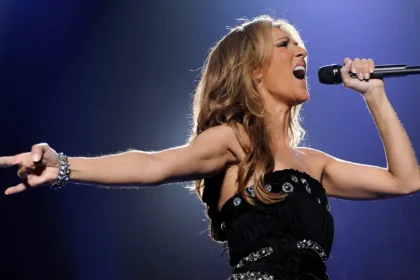The stage is set for the Republican Party’s debut presidential primary debate in Milwaukee, but the one figure who has defined modern Republican politics, former President Donald Trump, will be conspicuously absent. Trump’s decision to skip the debate has raised eyebrows and opened the door to a series of intriguing questions that could reshape the dynamics of the GOP primary race.
- Trump’s Counterprogramming Strategy: Trump’s refusal to participate in the debate aligns with his image as an outsider, even within his own party. Instead, he has opted for counterprogramming by scheduling an interview with Tucker Carlson, set to coincide with the debate. This bold move underscores Trump’s knack for attracting attention and plays into his narrative of being an independent force within the party.
- Frontrunner Frenzy: With Trump absent, the debate stage is missing its most dominant figure. How will the other candidates approach this absence? Will they take the opportunity to challenge Trump’s legacy and positions, or will they avoid the topic altogether, focusing on presenting themselves as viable contenders? Their approach will reveal their strategic calculus in a race without the towering presence of the former president.
- Policy Priorities and Unity: The candidates will be pressed to articulate their policy priorities. Economic concerns and inflation are central topics for potential GOP voters. Will the candidates offer well-rounded policy proposals or resort to criticism of President Biden’s administration? On divisive topics like Ukraine, will candidates present a unified front, or will differences emerge that could influence primary voters’ decisions?
- Venue Significance: Wisconsin, the host state of the debate, holds strategic importance. While not an early nominating state, Wisconsin has been a battleground in recent presidential elections. Candidates’ messages here could shed light on their strategy to win over crucial swing states. This early national stage offers candidates a chance to showcase their platform and resonate with a broader audience.
- Emergence from the Trump Shadow: One of the debate’s underlying challenges is whether any candidate can break free from Trump’s shadow. Throughout his political career, Trump has maintained a grip on the party’s narrative. The debate presents an opportunity for a breakout moment, but achieving this requires more than just a strong performance. Sustained momentum beyond the event will be key.
In a party grappling with ideological divisions and seeking to appeal to a broader base, the absence of Trump highlights the GOP’s ongoing identity crisis. As candidates navigate this uncharted terrain, the debate serves as a microcosm of the party’s struggle to define itself while confronting the pulse of the nation. Whether this event catalyzes a transformative shift or reinforces existing dynamics remains uncertain, but the political landscape remains charged with anticipation and uncertainty.




